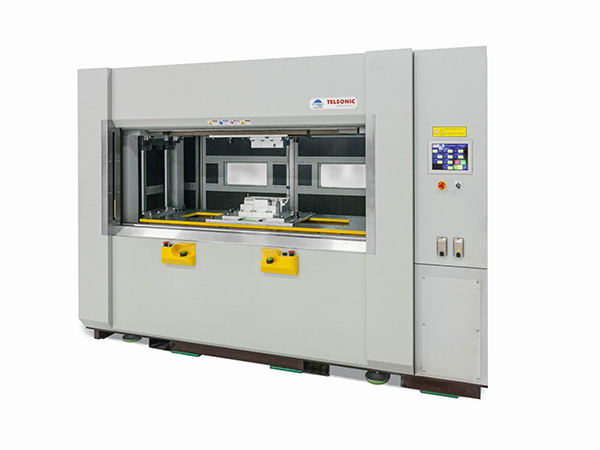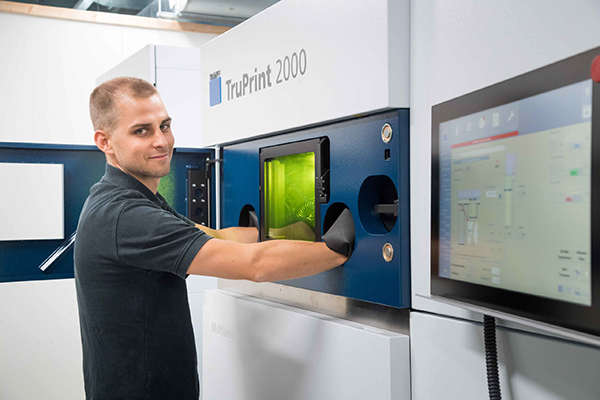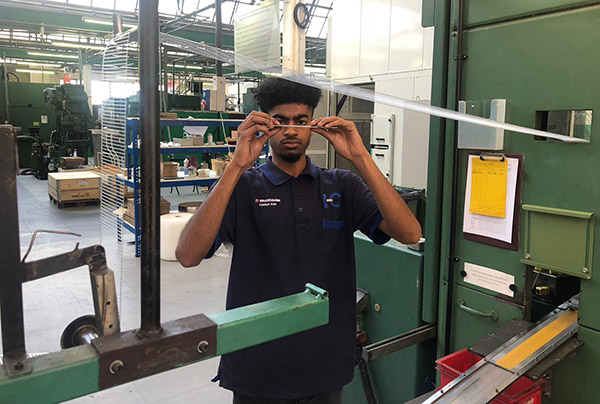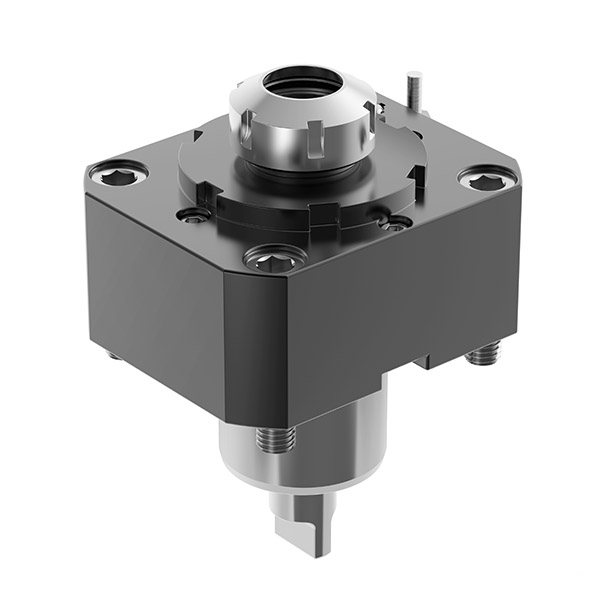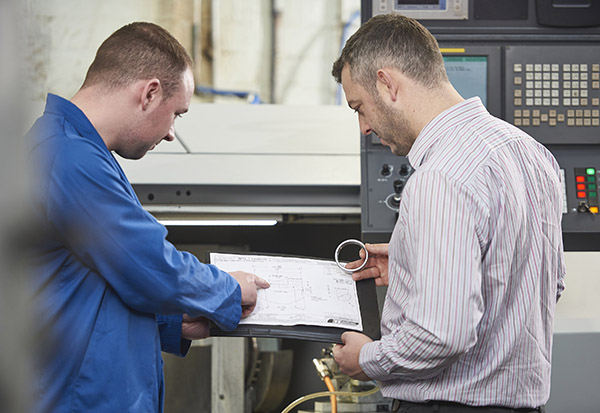Adding further capacity, coupled with the benefits of CNC precision and programming flexibility, has resulted in Huddersfield-based HB Bearings acquiring a further Kellenberger Vista universal grinding machine supplied by Jones & Shipman Hardinge.

One of the UK’s foremost bearing designers and manufacturers, HB Bearings is a specialist manufacturer concentrating on high-precision, low-volume production, but in highly targeted end-user industries.
Back in 1972, company chairman Norman Hirst had the initiative to manufacture and modify bearings in low volume. The timing was perfect as major manufacturers continued to reduce and amalgamate their product ranges, and sadly some went out of business altogether. It became difficult to obtain many types of bearing. There is still today a lot of specialised machinery in use which requires a source for these types of bearings. HB Bearings stocks many types of ‘difficult to source’ metric and imperial bearings of its own manufacture. The company’s principal manufacturing categories are specials, new designs, obsolete designs and motorsport bearings.
Today, the company has a global customer base and an archive of bearing design specifications, drawings and data that it says is probably unsurpassed in Europe.
“A highly skilled workforce and a commitment to quality are obviously vital, but we have always been prepared to invest in state-of-the-art machine tools and this latest Kellenberger investment – our 4th CNC grinder – is testimony to that,” explains HB’s managing director Graham Hirst.
And, as Hirst adds, more investment is imminent.

“HB has recently acquired Gamet Bearings, which is a renowned manufacturer of super precision taper roller bearings,” he explains. “We have relocated the Gamet operations from Colchester to our Huddersfield site and further investment in high-precision grinding capacity will be necessary. As we are working to 1.5 µm running accuracy tolerances on Gamet products, we will be looking to invest in additional Vista CNC machines, such is our confidence in them.”
The production of Gamet bearings has now recommenced, with additional staff employed to assist in the smooth running of this new addition to HB Bearings. The first Gamet Bearings manufactured by HB in the UK have now shipped, with many more to follow soon.
At its Huddersfield production facility, HB has three Vista UR 75/1000 CNC machines now joined by the latest Vista SE –
all of which have been supplied by Jones & Shipman Hardinge Ltd, the UK subsidiary of Hardinge Inc.
Built on the footprint of the UR/75 but with enhancements to guarding and the control package, the Vista SE machine features a UR wheel head for external, internal and face grinding. The swivelling wheel head features pre-stressed, high-precision spindle bearings to ensure the quality of surface finish and long operational life. A further example of the machine’s progressive design is its suitability for both grinding between dead centres and for chucked work. HB has also specified a HF-dresser on the upper (X axis) table.
Designed to be a cost-effective CNC alternative to hydraulically controlled cylindrical grinders, Vista machines have simplified the programming sequence thanks to the Kellenberger Kel-Easy and Kel-Iso menu-based system delivered via a Fanuc 0i control. Key features include the ability to micro-adjust the tailstock in the range of ±60 µm, linear guides on the X axis, a classical slide arrangement in the Z axis and the ability to accommodate a workpiece up to 100 kg in weight. As the designation implies, the distance between centres on the machines supplied to HB is 1000 mm, as is the grinding length.
The compact design features a coolant tray which is separated from the machine base, an integrated transport system and swivelling upper table. In addition, the thermally-optimised bearings are said to guarantee the highest roundness and dimensional accuracy.

“We purchased the Vista SE to accommodate increased work load and, given our previous positive operating experience with Vista machines, it made for an easy choice,” explains Hirst. “They are highly durable machines, but importantly offer the sustained accuracy essential in our business. Around 5 µm is the normal tolerance we work to, but we can meet demands down to 2 µm if needed. Moreover, as with all Vista machines, having the capability to grind highly complex, high-precision profiles, while maintaining tolerances and very high concentricity levels, is vital.”
Bearing types manufactured include precision radial, deep groove ball, cylindrical roller, angular contact, duplex and many other types. Special bearings are manufactured to customer specifications or, the company’s in-house design department can work with customers to develop unique bearing designs. The type of bearing design could incorporate special features which might reduce component cost and assembly time. Maximum manufacturing capacity at HB Bearings is 1.5 m outside diameter.
Materials are usually based on SAE 52100. However, certain motorsport applications may require more specialised bearing steel, such as AMS6444 (52100 VIM-VAR), which is a super clean steel. Occasionally, a material such as Cronidur is used, which has a value that exceeds 52100 by a factor of between 8 and 10.
“The common denominator is that they are all difficult to machine,” says Hirst. “However, with the micron tolerances we have to achieve with exact repeatability, the Kellenberger machines are more than up to the challenge. They have been an excellent investment.”
For further information www.hardinge.com







